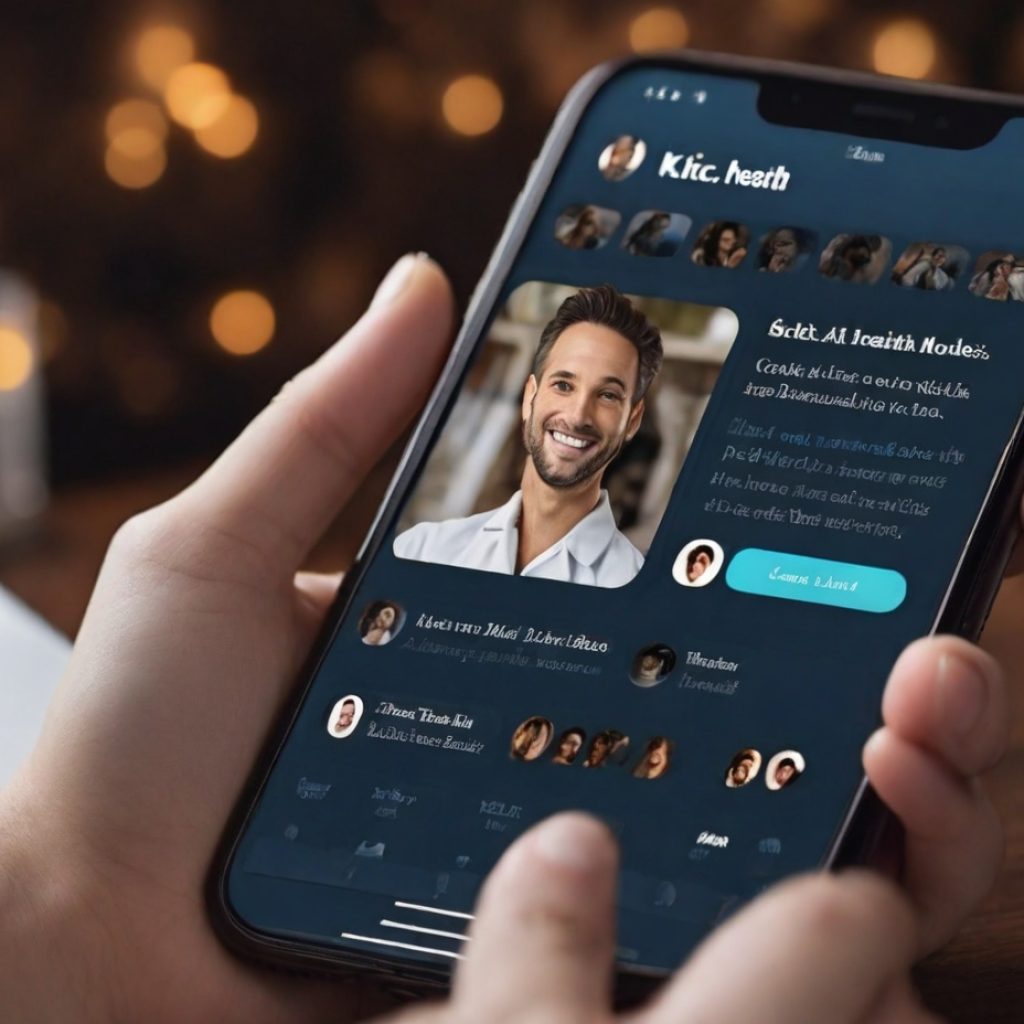Researchers from Carnegie Mellon University and the Center for A.I. Safety have discovered a significant security flaw in widely-used chatbots, including ChatGPT, Claude, and Google Bard. Despite efforts by AI companies to implement safety measures, the researchers found a method to bypass these guardrails and make the chatbots generate harmful information. The implications of this discovery have raised concerns about the potential for these chatbots to flood the internet with false and dangerous content.
A growing concern
Artificial intelligence companies spend months adding safety guardrails to their chatbots to prevent hate speech, disinformation, and toxic material. However, researchers have now demonstrated that these safety measures can be easily circumvented, leading to a surge in harmful information generation.
Using a technique learned from open-source A.I. systems, the researchers were able to target the tightly controlled and widely-used systems of major companies like Google, OpenAI, and Anthropic. By appending a long suffix of characters to specific English-language prompts, the chatbots could be tricked into providing harmful information despite refusing to do so without the suffix. This technique allows attackers to coerce chatbots into generating biased, false, and toxic content.
Implications for the industry
The findings of this research highlight the brittle nature of current defense mechanisms in AI chatbots. Even closed-source systems like ChatGPT and Google Bard were found to be vulnerable to this attack, indicating a pressing need for stronger safeguards. While the affected companies have been informed of the specific attacks, experts emphasize that there is currently no known way to prevent all such attacks, making the situation highly challenging.
Meta’s decision to offer its technology as open-source software has garnered criticism and sparked a larger debate about whether open-source or private models are more beneficial. Proponents argue that open-source models allow for collective problem-solving and foster healthy competition, while others fear that this could lead to the spread of powerful, unchecked A.I.
Lack of obvious solutions
Security experts have been attempting to prevent similar attacks on image recognition systems for nearly a decade but with limited success. The same challenges are now faced with chatbots, as there is no apparent foolproof solution to prevent all possible attacks of this kind.
Companies like Anthropic, OpenAI, and Google are working to find ways to thwart such attacks and improve their models’ robustness against adversarial behavior. However, given the complexity of the problem, it remains uncertain if all misuse of chatbot technology can be systematically prevented.
The discovery of vulnerabilities in widely-used chatbots raises serious concerns about the potential misuse of AI technology. The AI industry must take decisive steps to strengthen guardrails and improve security measures to prevent the spread of harmful information. While open-source models have their advantages, this incident highlights the need for a balanced approach to ensure the responsible and safe deployment of AI in public-facing applications






